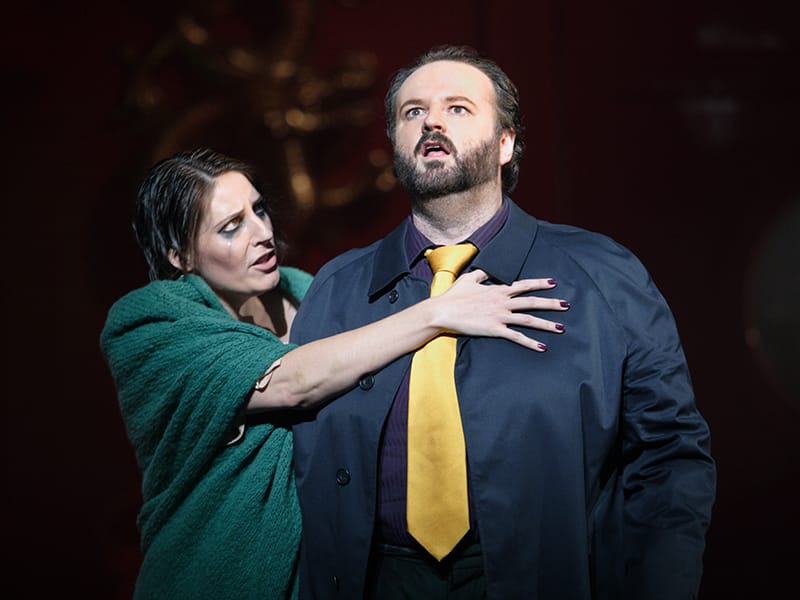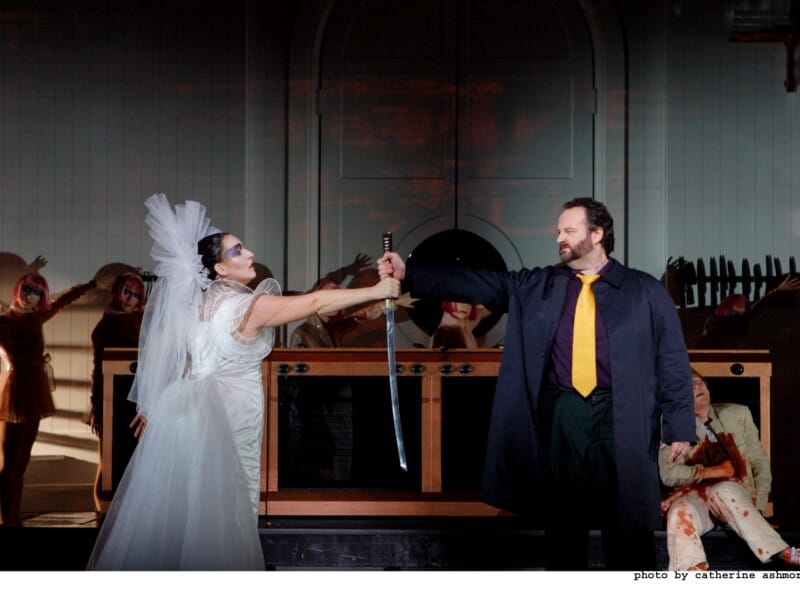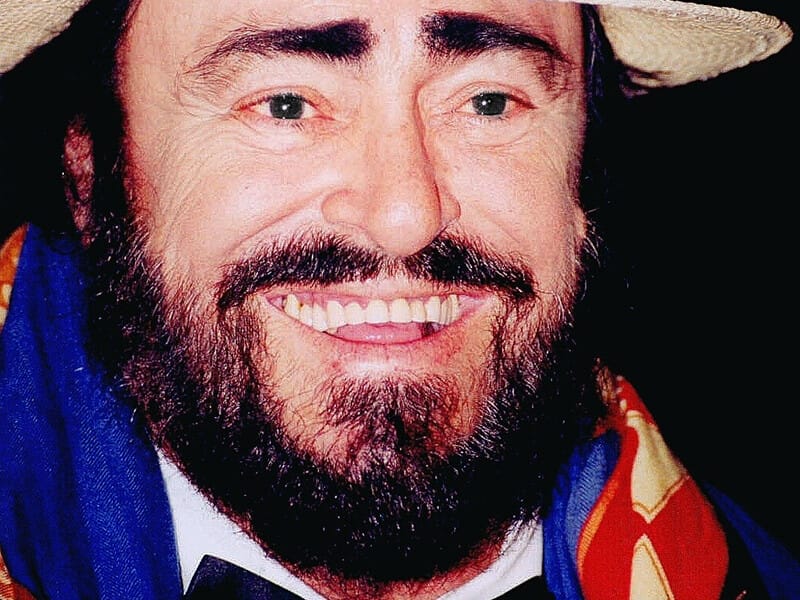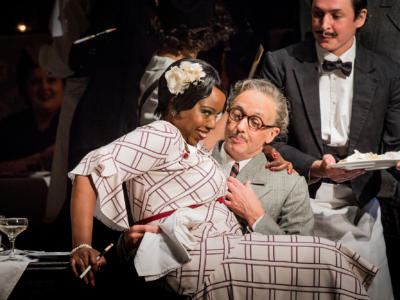Discover: Turandot
In Puccini‘s opera, set in China, the Princess Turandot has sworn no man shall marry her unless he can correctly answer three riddles. Prince Calaf, who has fallen for Turandot, solves the riddles, but wants to set the Princess her own challenge. The power and beauty of Turandot‘s music gives
the orchestra and chorus every opportunity to shine and includes the heroic Act III opera anthem ‘Nessun Dorma’ (None shall sleep).
Turnadot Synopsis
Peking, in legendary times
Act I
The walls of the great Violet City: the Imperial City. Sunset
The crowd listens to a decree that the princess Turandot will marry only the prince who solves her three riddles. Anyone who stands trial and fails will be executed. The people call for the death of Turandot’s latest victim, the Prince of Persia.
Timur, an exiled king, is among the crowd. His son Calaf, who has been forced into exile, recognizes him after years of separation, and learns that Timur owes his life to a slave-girl, Liù, who accompanies him. They are all unknown in Peking.
The Prince of Persia is led to his death. The crowd calls upon Turandot to grant mercy, but she refuses. Calaf is so overwhelmed at this first sight of the princess that he resolves to try his fortune with Turandot’s riddles.
The imperial functionaries, Ping, Pang and Pong, try to stop him. Turandot’s handmaidens call for silence but the ghosts of her previous suitors urge him on. Nothing, neither the sight of the execution, nor the entreaties of Timur and Liù, can dissuade him. Calaf strikes the gong which signals his challenge.
Interval of 15 minutes
Act II
Scene 1 A pavillion
Ping, Pang and Pong discuss the preparations for what will either be a wedding or a funeral. They compare their recollections of all the princes who have died for Turandot, and grow nostalgic for the country retreats where they could retire if the decree did not hold them to their duties. Trumpets herald Calaf’s trial.
Scene 2 A square in front of the palace
The court assembles to hear Turandot’s latest suitor stand the trial of riddles. Turandot’s father, the Emperor, in vain entreats the unknown prince to stand down. Turandot begins the ceremony by recalling how her ancestor, the princess Lo-u-ling, was raped and murdered by Tartar invaders, and how she is intent upon avenging this memory.
Turandot poses the first riddle: what rises at night, invoked by all the world, only to die at dawn reborn in the heart? Calaf answers correctly. The second riddle is: what darts like a flame but is not a flame, that grows cold with death yet blazes with dreams of conquest? Turandot is furious when Calaf solves it. Thirdly, she demands what inflames you, white yet dark, that enslaves if it wants you free, but in taking you captive makes you king? Calaf once again gives the correct answer.
The Emperor holds his daughter to her solemn vow to marry the suitor who solved her riddles. Calaf offers Turandot a way of escape: if she can discover his name before daybreak, he will consent to die. The Emperor prays for his success.
Interval of 25 minutes
Act III
Scene 1 The palace garden, at night
Calaf hears the imperial heralds searching the city for someone who can reveal his identity. When dawn breaks, he knows that he will win.
Ping, Pang and Pong attempt to bribe Calaf to leave the princess alone. A crowd threatens to kill Calaf if he will not reveal his identity, when the guards bring in Timur and Liù. Turandot appears and orders the interrogation of Timur. Liù steps forward, claiming that she alone knows the prince’s name. The slave-girl refuses to yield under torture, and when asked what gives her such strength, she replies that it is love. Turandot is momentarily moved before ordering her ministers to tear the secret from Liù. Liù commits suicide. Timur curses those who have brought about her death.
Calaf now confronts Turandot, tears off her veil and kisses her. She is mortified, believing she has lost. Turandot begs him to leave with his secret, but Calaf replies that there is no longer any need for mystery and tells her his name.
Scene 2 A square in front of the palace
Before the people Turandot declares that she knows the stranger’s name, and that it is Love.
Turnadot FAQs
What is the story behind the opera Turandot?
The opera is set in Ancient China and follows a tale of love and sacrifice. The Princess, named Turandot, decrees that any suitor must be able to solve three particular riddles in order to marry her, with failure resulting in death. Prince Calaf falls for the Princess and successfully solves the riddles, however, Turandot becomes reluctant to marry him. The tale that follows becomes one of cruelty, eventually transforming into a story of compassion with a union of love.
How long is Turandot?
A performance of Turandot is roughly 2 hrs 30 mins with one interval.
How do you pronounce Turandot?
The original Persian pronunciation of Turandot is “too-rahn-doh-tay”.
Is Turandot a good opera for beginners?
Turandot is an excellent choice for those new to the world of opera. The combination of iconic music and an engaging storyline makes for a spectacular watch for first-time opera-goers.
When was Turandot written?
Turandot began to be composed in 1920 by Giacomo Puccini, but remained unfinished at the time of the composer’s tragic passing in 1924.
Composer and pianist Franco Alfano then completed writing Turandot, in time for its 1926 premiere in Milan.





